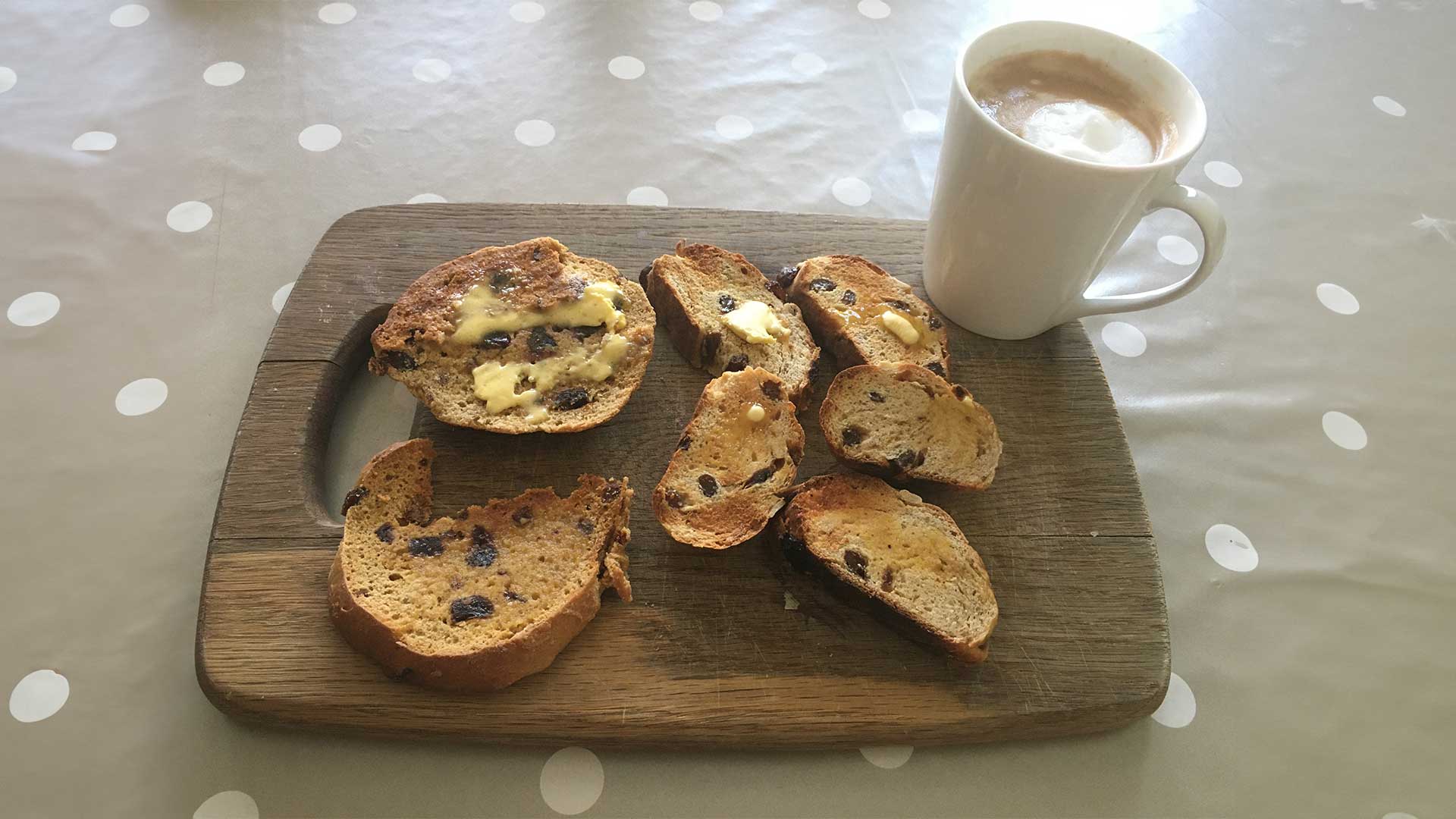Author: Lisa Cherrett, 29 July 2021
‘You prepare a table before me in the presence of my enemies; you anoint my head with oil; my cup overflows.’
Here in the second half of Psalm 23 is a banquet, specially prepared for the psalmist by the Lord. It’s in the context of an outdoor space, not a banqueting hall, so it carries a feeling of something quite simple and spontaneous – almost like a surprise picnic. It allows the psalmist to be refreshed, perhaps as a stopping-point through the valley of the shadow of death.
There are other notable banquets in the Old Testament, but none quite like this one.
Imagine being at the extravagant seven-day royal party that opens the book of Esther. It’s held in the luxurious surroundings of the palace gardens, with unlimited alcohol freely available to all the citizens of Suza. But it ends badly, with the king flying into a furious drunken rage and banishing his wife Vashti.
Pretend you’re a fly on the wall at the two banquets arranged later by Queen Esther, who replaces Vashti in the precarious position of queen. These are much more intimate affairs, the only guests being the king and Haman, the highest-ranking noble in the country. Again, though, they are tense occasions, filled with a sense of menace, and evil Haman is finally sent straight from the banqueting hall to the gallows.
Then picture yourself at the great feast provided by King Belshazzar in Daniel 5, where the king and his nobles worship false gods, while drinking out of precious goblets looted from the Jerusalem temple. The finger of God, writing on the wall, brings terror to Belshazzar, and God’s judgement falls on him swiftly thereafter.
There is a sense, at these biblical banquets, that the enemies are at the table. They are places of conflict, with threats bubbling just under the surface, if not overflowing like the lavish wine.
By contrast, the banquet in Psalm 23 is remarkably peaceful. It is held ‘in the presence of my enemies’, but the enemies seem to be observing from a distance. They are kept at bay among the hills, unable to attack, watching and wondering how the psalmist can be so enjoying himself when he should, by rights, be cowering in fear. It is still, though, a brief respite on a journey through the valley.
In the New Testament, Jesus brings a new slant to the banquet (as he does to most things). When he attends the feast held in his honour by Levi in Luke 5.29–30, there are enemies – ‘the Pharisees and their scribes’ – looking on and muttering, but the point of the occasion is that it’s an opportunity for reconciliation between God and ‘sinners’. Then, in his parable of the great banquet, in Luke 14.16–23, when those who are originally invited make excuses to stay away, the feast is thrown open to the people of the streets – the poor and crippled and blind and lame.
Perhaps this is a picture of the marriage feast of the Lamb, alluded to in Revelation 19. Even better than the Psalm 23 ‘table’, this final banquet will be an occasion of complete joy, with no lurking threats, no background of the valley of the shadow of death. Instead it will be a final resting place, in which to enjoy the house of the Lord for ever (Psalm 23.6).
Share this:

What does the Bible say about legacy?

Did Jesus forbid divorce and remarriage?

Scripture in the Kitchen: David’s blessed buns